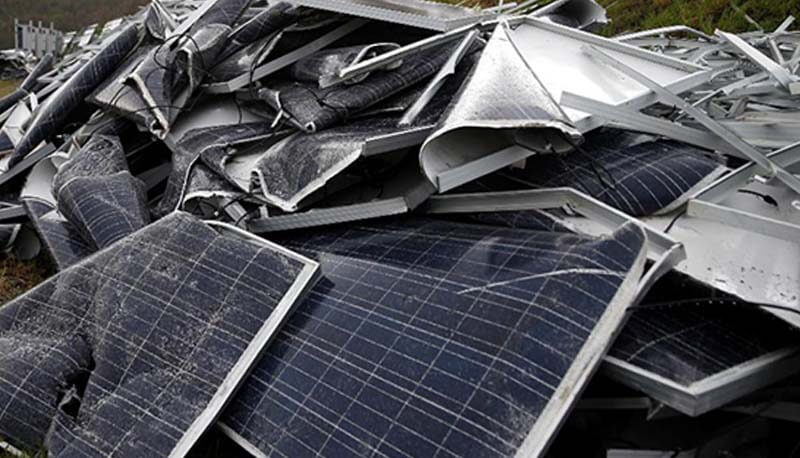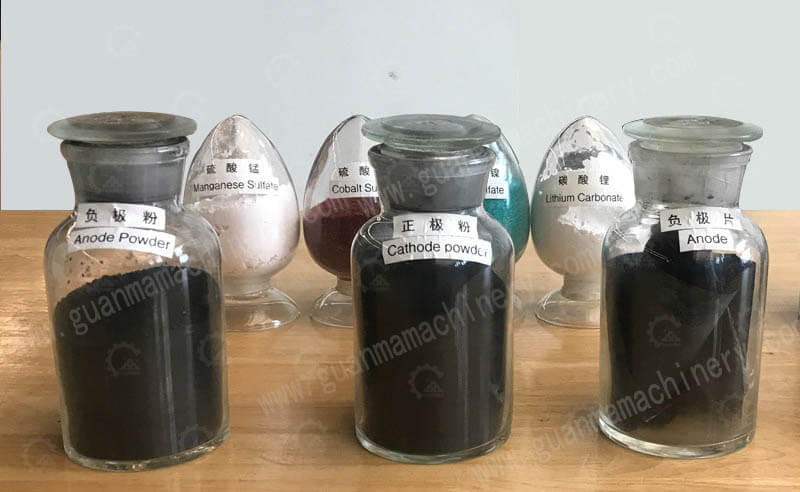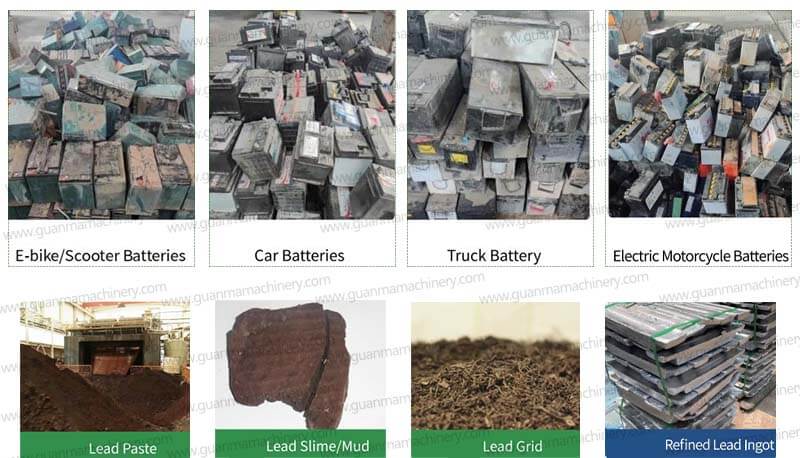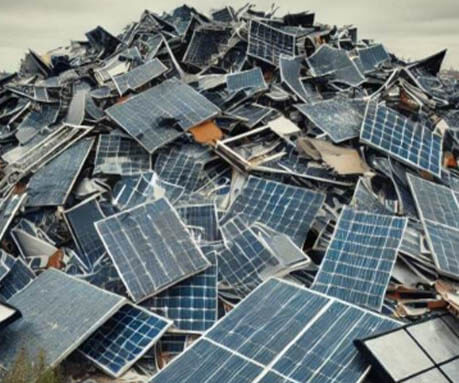Lithium Battery Recycling Machinery Introduction
In the era of rapid advancements in technology and increasing environmental awareness, lithium battery recycling machinery plays a pivotal role. The demand for these machines has surged as more devices rely on lithium-ion batteries, leading to an urgent need for sustainable disposal methods.
The Importance of Lithium Battery Recycling
Environmental Benefits: Proper recycling prevents hazardous substances from entering landfills and water systems, protecting ecosystems and human health.
Resource Recovery: Lithium batteries contain precious metals like nickel, cobalt, manganese, and lithium, which can be recovered and reused, reducing reliance on mining.
Economic Advantages: Efficient recycling processes provide raw materials for new battery production, fostering a circular economy and lowering costs.
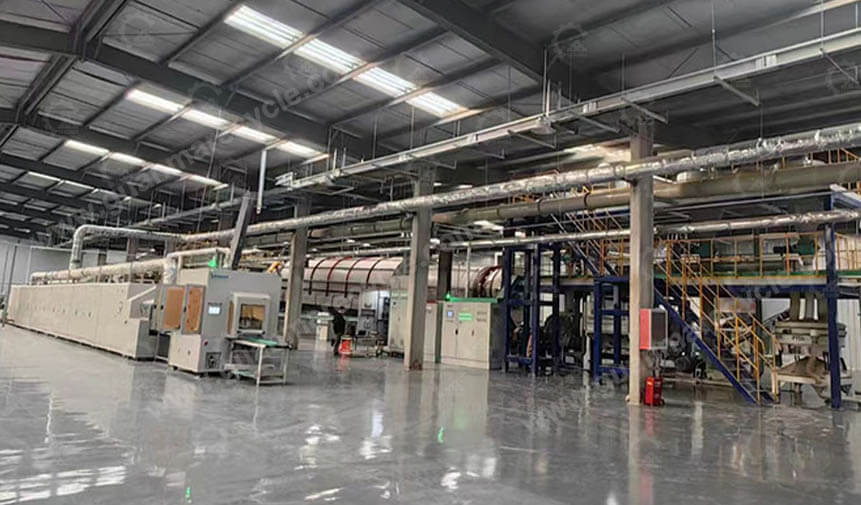
Challenges in Lithium Battery Recycling
Complex Composition: Lithium-ion batteries consist of multiple components, making disassembly complex. Specialized machinery is required to safely handle electrolytes and organic solvents.
Safety Concerns: There’s a risk of thermal runaway during recycling, potentially causing fires or explosions. Advanced safety features are essential to mitigate these hazards.
Technological Barriers: Developing machinery capable of processing various battery types while maintaining high efficiency and purity of recovered materials is challenging.
Advanced Features of Modern Lithium Battery Recycling Machinery
Safe Crushing Technology: Innovative designs allow for crushing without prior discharge, ensuring the process is safe and stable, with no risk of explosion or harmful gas release.
High Recovery Rates: Leading-edge equipment achieves comprehensive recovery rates exceeding 95%, including high-quality black powder suitable for reuse in battery manufacturing.
Diversification: Machines now accommodate different battery formats—cylindrical, square, soft-pack, and hard shells—and chemistries such as lithium iron phosphate, lithium cobalt oxide, and lithium manganate.
Automation: Full automation streamlines operations, reduces labor costs, and enhances productivity. Operators can manage the entire process efficiently with minimal manual intervention.
Sustainability and Innovation
Eco-Friendly Processes: Manufacturers focus on developing environmentally friendly technologies, incorporating air pollution purification systems to minimize emissions.
Continuous Improvement: Companies invest in research and development to stay ahead of industry trends, improving machine performance and expanding application scopes.
Partnerships and Collaboration: Industry leaders collaborate with research institutions and other stakeholders to drive innovation, setting higher standards for sustainability and efficiency.
Choosing the right lithium battery recycling machinery is crucial for addressing the growing volume of waste batteries and supporting a sustainable energy future. By investing in advanced, eco-friendly solutions, businesses contribute to environmental protection, resource conservation, and economic benefits.

